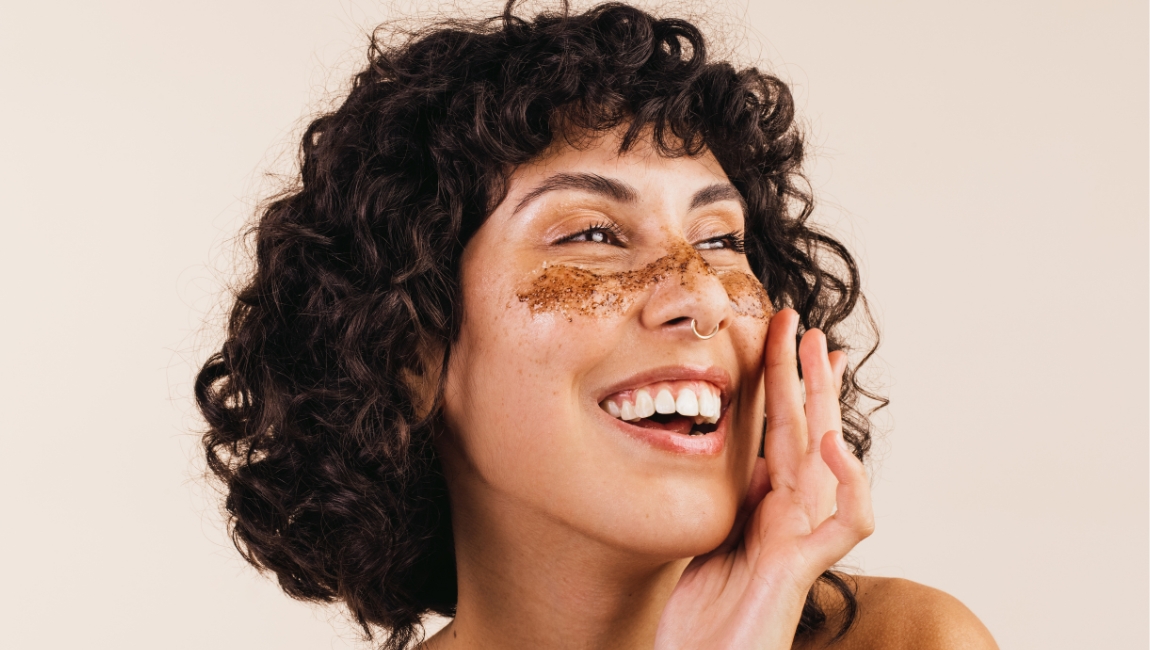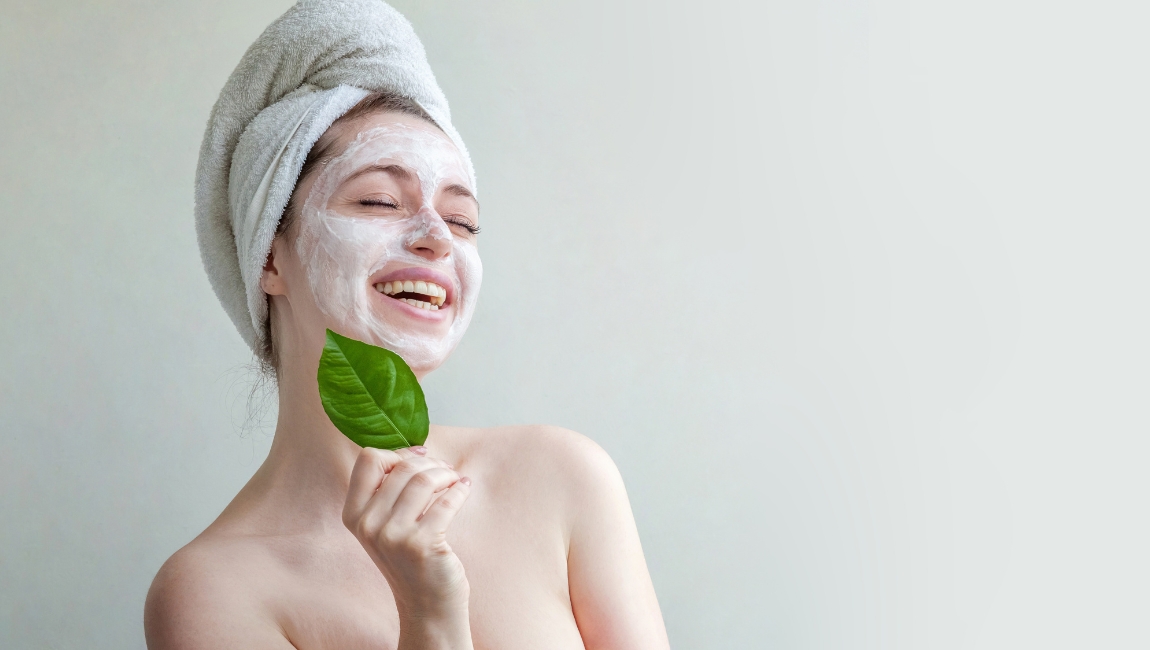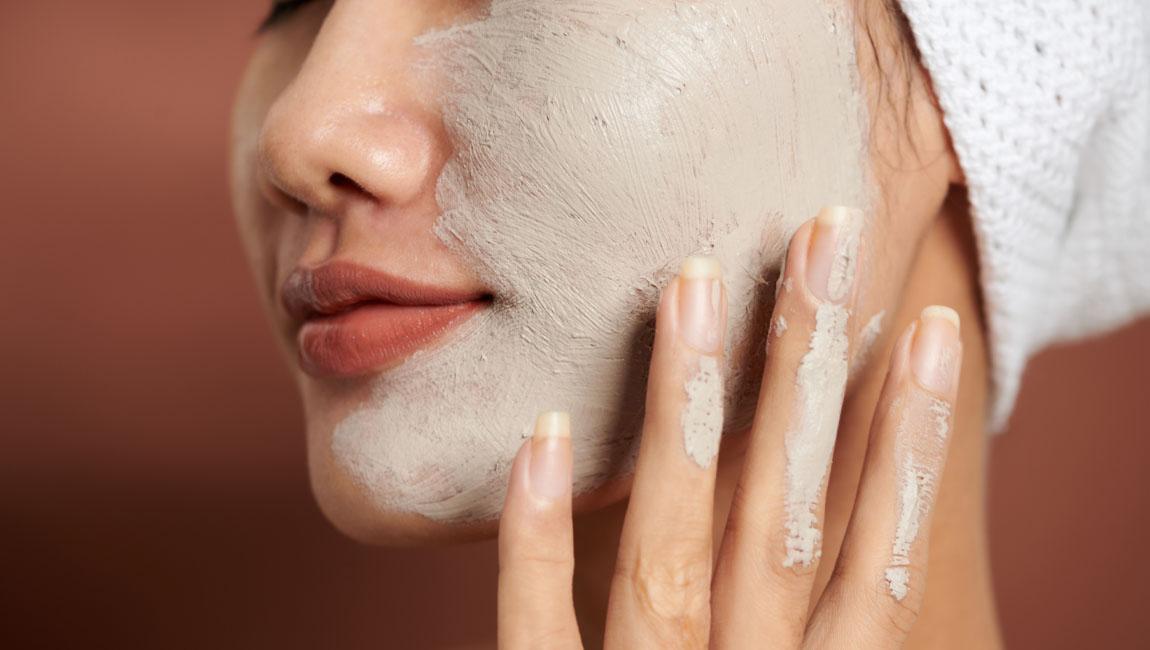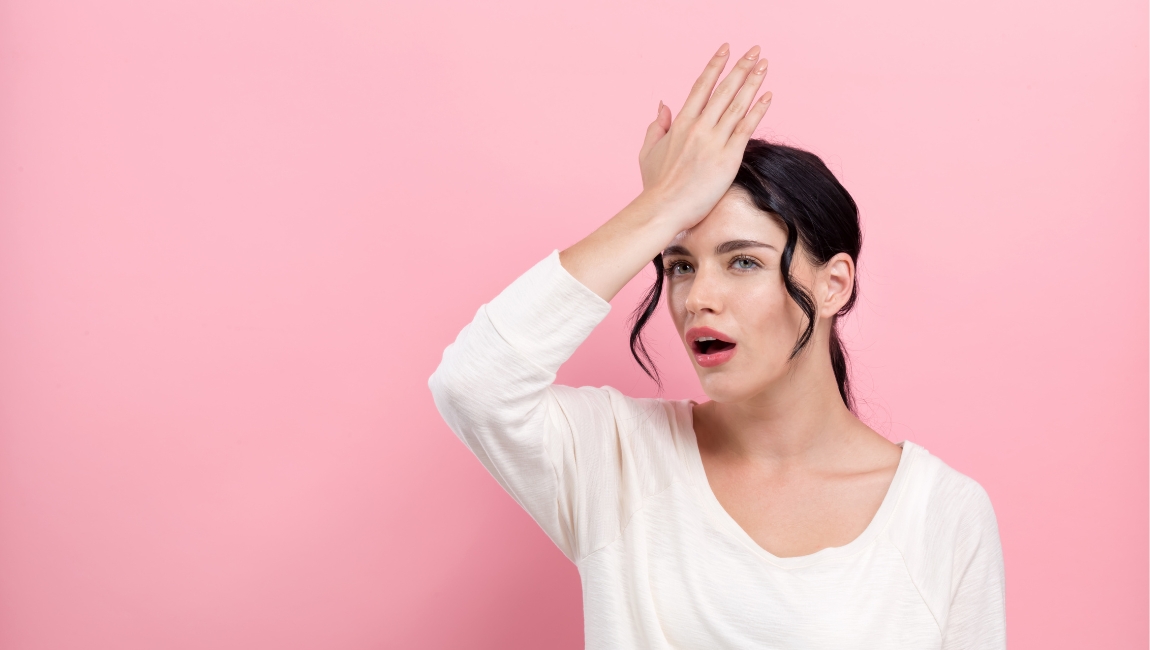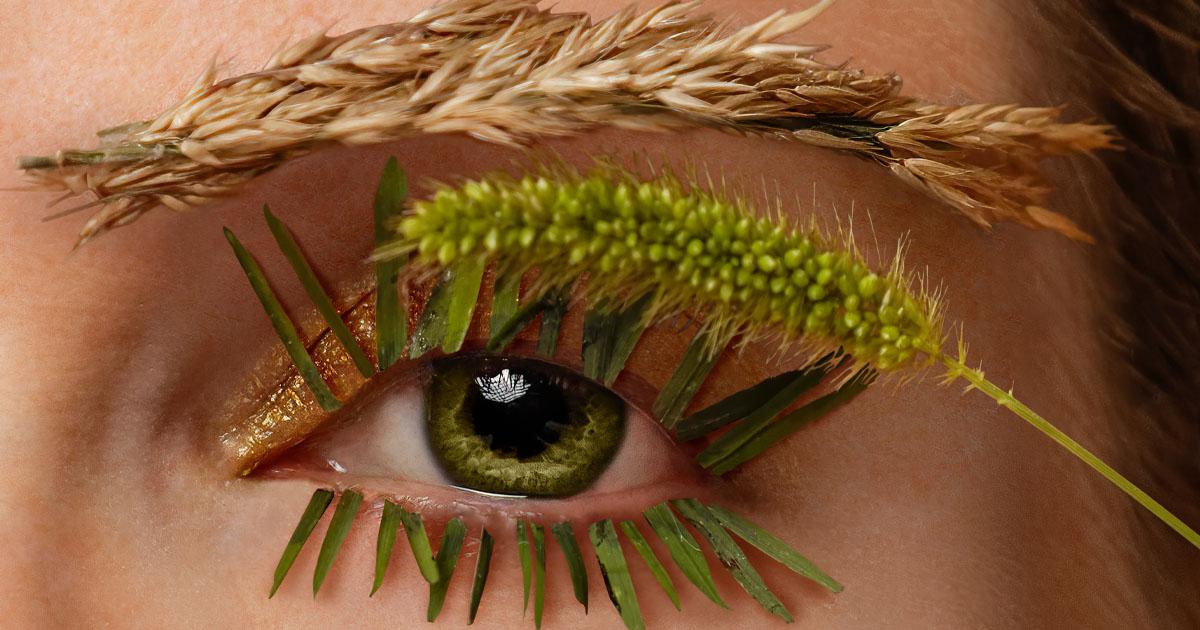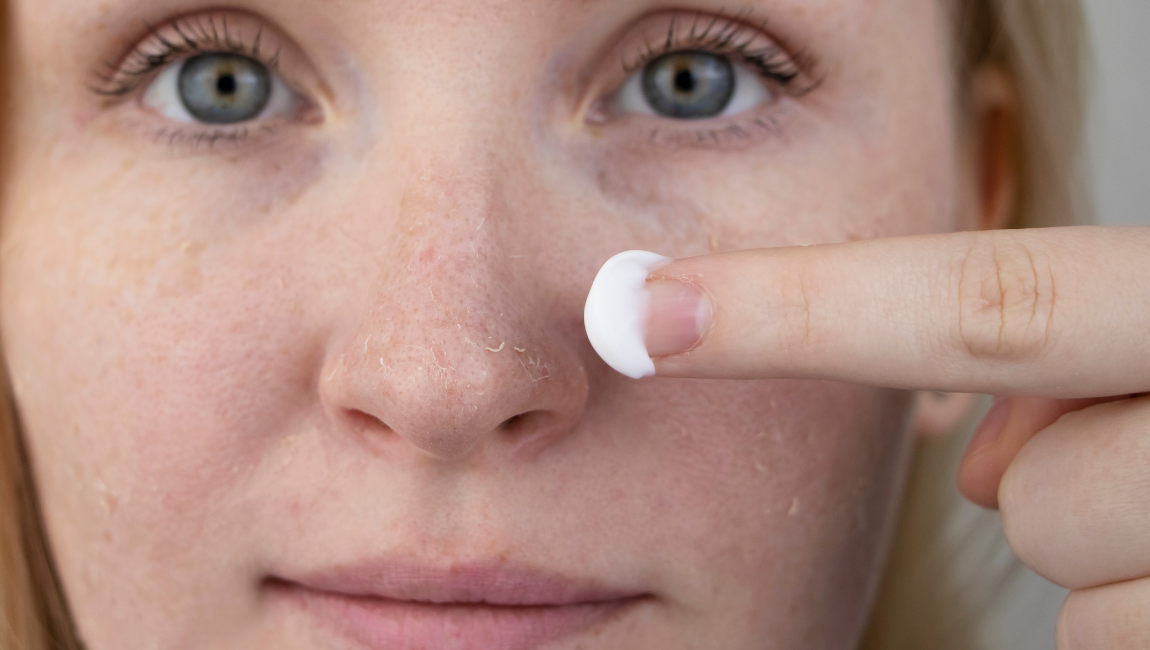AHA vs BHA vs PHA: Which Exfoliating Acid Is Right for Your Skin?
Posted by Skinsider Team on 17th Feb 2026
Exfoliating acids help remove dead skin cells, smooth texture, and brighten your complexion. They differ in how deeply they penetrate the skin and which skin concerns they target. Choosing the right acid can make a big difference in your routine.
What is a AHA?
Alpha Hydroxy Acids (AHAs) are water-soluble and work mainly on the skin’s surface. They’re great for dry, dull, or uneven ski
…
Which PURITO Moisturiser Is Right for You?
Posted by Skinsider Team on 12th Feb 2026
Choosing the perfect moisturiser can feel like a skincare puzzle, too heavy, and oily skin revolts; too light, and dry patches return. PURITO makes this choice easier with a range of targeted formulas designed to meet your skin’s unique needs. Whether you want deep hydration, barrier repair, soothing relief, or anti-aging benefits, there’s a PURITO moisturiser for you. Let’s find
…
Wash-off Masks, Sleeping Masks, and Sheet Masks: Understanding the Differences in Korean Skincare
Posted by Skinsider Team on 10th Feb 2026
Korean skincare has taken the beauty world by storm in recent years, with a focus on multi-step regimens and using a variety of products to target specific skin concerns. One of the key elements of Korean skincare are face masks, and there are three main types: wash-off masks, sleeping masks, and sheet masks. Understanding the differences between these types of masks can help you customize your sk
…
Glow for Valentines: Best Korean Skincare Gifts That Say “I Care”
Posted by Skinsider Team on 9th Feb 2026
Whether it’s with your partner, your bestie, or during a cozy Galentine’s night in, one thing always works: skincare as a gift. Because what says “I care about you” more than healthy, glowing skin?
This Valentine’s, skip the predictable chocolates and flowers and gift something that lasts longer, a little glow, calm, and self-care. Here are our top skincare picks that
…
PURITO’s New Actives: Azelaic & Kojic Acid vs TXA & Retinal
Posted by Skinsider Team on 5th Feb 2026
Why actives matter in modern K-Beauty skincare
In Korean skincare, active ingredients are used strategically - not aggressively. Instead of over-exfoliating or overwhelming the skin, K-beauty focuses on combining proven actives with barrier-supporting ingredients to deliver results while maintaining skin comfort.
With the launch of these two new PURIT
…
10 Common Skincare Mistakes That Could Be Damaging Your Skin
Posted by Skinsider Team on 3rd Feb 2026
As a skincare lover, you likely follow your routine religiously to achieve healthy, glowing skin. However, even with the best intentions, some everyday habits may be doing more harm than good. Here are the most common skincare mistakes and how to avoid them.
Not Washing Your Hands Before Skincare
Touching your face with unwashed hands transfers bacteria and dirt, leading to irritation and breakou
…
Korean Vegan Skincare: Benefits and Top Tips
Posted by Skinsider Team on 29th Jan 2026
Korean skincare offers an incredible range of vegan products that are effective, gentle, and eco-friendly. Whether you’re looking for hydration, calming ingredients, or anti-ageing benefits, vegan skincare is worth exploring.
What is Vegan Skincare?
Vegan skincare is free from animal products and by-products, relying instead on plant-based ingredients.
Vegan vs Cruelty-Free:
Vegan = no anim
…
The Difference Between Dry & Dehydrated Skin: How to Treat Each
Posted by Skinsider Team on 22nd Jan 2026
Knowing your skin type is crucial for building an effective skincare routine. Dry and dehydrated skin may look similar, but the causes, treatments, and ingredients that work best differ. Understanding the distinction can save you from wasting time and money on products that don’t address your skin’s real needs.
Dry Skin vs. Dehydrated Skin
Dry skin is a skin type. It occurs when your s
…

